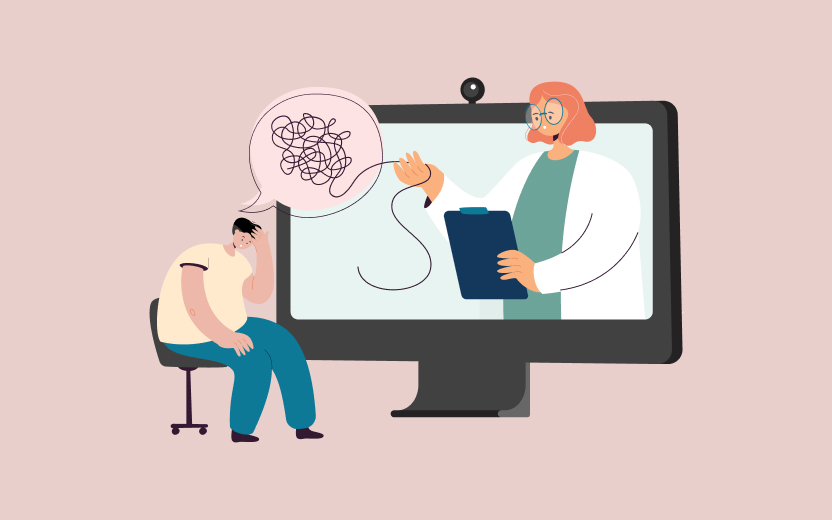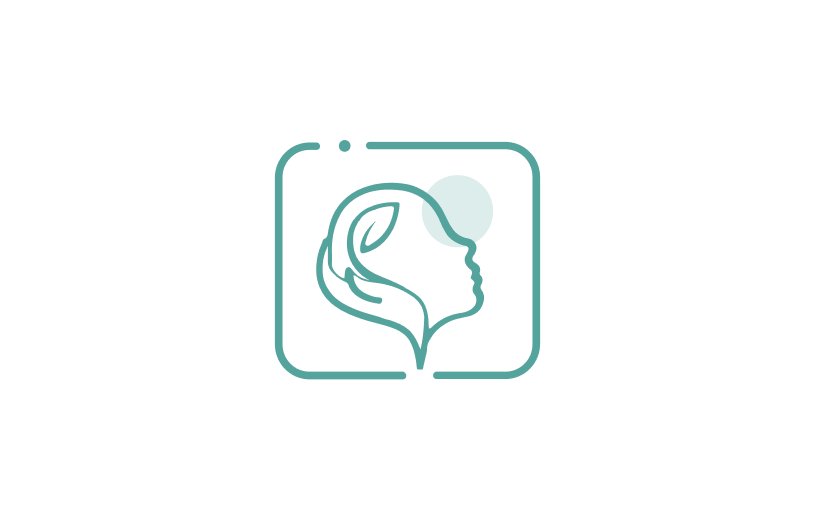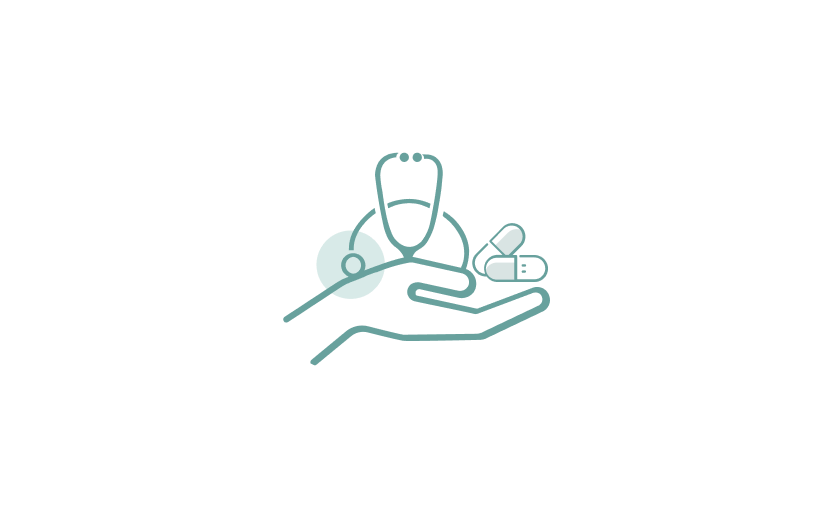PTSD
Are you haunted by distressing memories, nightmares, and intense anxiety as a result of a traumatic event? MediPsych specializes in the compassionate treatment of post-traumatic stress disorder (PTSD).
What is
PTSD?
Imagine constantly feeling trapped in a never-ending loop of traumatic experiences. That’s what it can feel like for someone with PTSD. This condition affects the way a person’s brain processes and responds to traumatic events, leading to symptoms such as flashbacks, nightmares, hypervigilance, and emotional distress.
PTSD is a mental health disorder that can develop after experiencing or witnessing a traumatic event. It commonly occurs in individuals who have been through things like combat, natural disasters, physical or sexual assault, accidents, or other life-threatening situations. PTSD can have a significant impact on a person’s daily life, relationships, and overall well-being.
Without appropriate treatment and support, the symptoms of PTSD can persist for years and even a lifetime, making it difficult for individuals to function and thrive.
leading Symptoms
The many faces of PTSD

Reliving the
Trauma
This is perhaps the most well-known symptom of PTSD. Individuals with this presentation often experience intrusive memories, nightmares, and flashbacks of the traumatic event, making them feel as if they are reliving it.

Avoidance and Numbing
People with this presentation try to avoid anything that reminds them of the traumatic event. They may avoid certain places, activities, or people associated with the trauma. They may also experience a sense of emotional numbness, feeling detached or disconnected from their surroundings and loved ones.

Hyperarousal
Individuals with this presentation often exhibit heightened levels of fear, anxiety, and irritability. They may have trouble sleeping, be easily startled, and have difficulty concentrating. They may constantly feel on edge or constantly on the lookout for potential threats.
Do you think you might have PTSD?
Take the self-assessment
I often
- often
- some time
have severe mood swings and find it difficult to control my emotions
most of the time
- most of the time
- regular intervals
. I always
- always
- some time
have a hard time concentrating and get between 1-2 hrs
- 1-2 hrs
- 3-4 hrs
sleep each night.
- often
- some time
- most of the time
- regular intervals
- always
- some time
- 1-2 hrs
- 3-4 hrs
What symptoms to look out for
-
Children Symptoms of PTSD in children may include re-experiencing the traumatic event through nightmares or flashbacks, avoiding reminders of the event, having difficulty concentrating or sleeping, showing heightened levels of irritability or anger, and regressing to behaviors typical of a younger age.
-
Adolescents Similar to children, adolescents may also experience symptoms such as nightmares, avoidance, and difficulty concentrating. Additionally, they may display self-destructive behaviors, engage in risky activities, exhibit changes in mood or negative thinking patterns, and struggle with feelings of guilt or shame related to the traumatic event.
-
Adults Adults may experience intrusive memories or flashbacks related to trauma, avoiding triggers or reminders associated with the event, and having persistent negative changes in mood or thoughts. They may also exhibit heightened arousal or hypervigilance, difficulties with relationships or occupational functioning, and physical symptoms like headaches or stomachaches.



Schedule an appointment to be assessed for PTSD
Unmasking PTSD: Diagnosis
Getting a diagnosis for PTSD involves a thorough evaluation by a mental health professional. This includes assessing the symptoms present, their frequency and duration, as well as the impact they have on the individual’s daily functioning. It’s essential to differentiate PTSD from other mental health conditions, such as anxiety, depression, or substance abuse.
Treatment
Finding the balance
Effective treatment for PTSD usually involves a combination of:

Therapy
Various forms of psychotherapy, such as cognitive-behavioral therapy (CBT) and eye movement desensitization and reprocessing (EMDR), can help individuals process and cope with their traumatic experiences. Therapy may also help individuals develop healthy coping mechanisms and reduce avoidance behaviors.

Medication
In some cases, medication, such as antidepressants or anti-anxiety medications, may be prescribed to help manage symptoms of PTSD. These medications are typically used in conjunction with therapy.

Support Systems
Having a strong support system is crucial for individuals with PTSD. Friends, family, and support groups can provide understanding, validation, and assistance in navigating the challenges associated with the disorder.

Self-Care
Engaging in self-care activities, such as exercise, mindfulness practices, and stress-reducing techniques, can aid in managing symptoms and promoting overall well-being.
